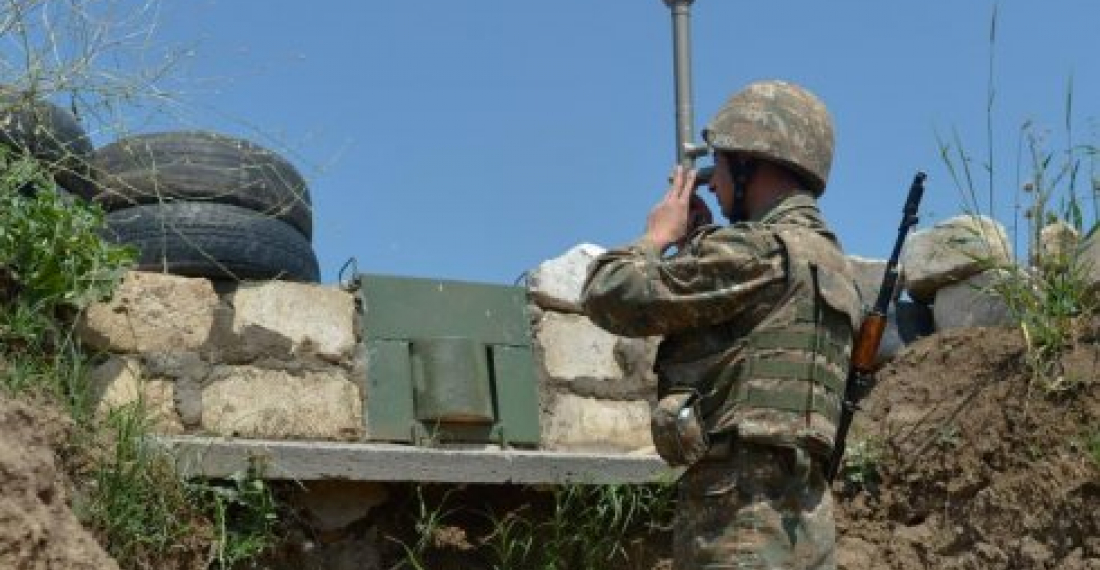Armenia has accused Azerbaijan of causing an unprovoked incident on the line of contact in the Nagorno-Karabakh conflict zone, as a result of which an Armenian soldier was seriously injured. A statement by the Armenian Foreign Ministry on Saturday (30 November) named the injured soldier as 22 year old Rafael Azizyan.
The statement said that "the incident caused by sniper fire, did not precede any escalation of the situation, which shows that the Azerbaijani side has a deliberate attempt to break the ceasefire. Such incidents seriously undermine the peace process and contradict the agreements on creating a conducive environment for peace achieved through the mediation of the Minsk Group Co-Chairs. Even with the new domestic developments, Azerbaijan must remain true to its commitments," the statement added.
There has not been so far any reference to the incident by Azerbaijani official sources.
The Foreign Ministers of Armenia and Azerbaijan are expected top meet in Bratislava next week on the margins of the annual OSCE Minsiterial meeting.
source: commonspace.eu with agencies







